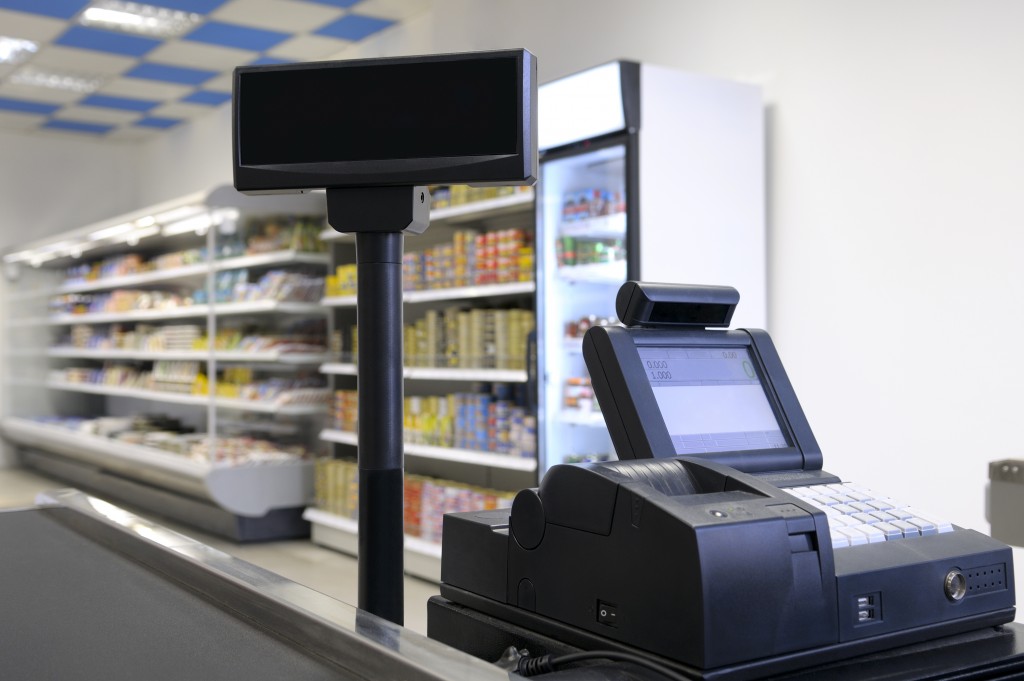- Conducting a waste audit provides essential data to identify sources of high waste generation and design targeted waste reduction strategies.
- Implementing waste segregation practices, including tenant education and providing appropriate disposal equipment, enhances overall waste management.
- Investing in effective recycling programs helps reduce waste output, saves money, and contributes to the circular economy.
- Installing composting facilities promotes sustainable waste disposal and reduces the amount of organic waste in landfills.
- Regular reviews and updates of waste management strategies ensure continuous improvement, compliance with regulations, and adaptability to changing needs and technologies.
As a property manager, juggling multiple properties can lead to significant waste generation – an issue that’s as crucial to tackle as any other aspect of your portfolio. Efficient waste management is an environmental necessity and a strategic move that can save you money and enhance your reputation among eco-conscious tenants. Delve into how you can maximize waste management across your real estate properties.
Conduct a Waste Audit
A comprehensive waste audit is the preliminary step towards effective waste management. This involves thoroughly assessing waste generated across your properties, and identifying the types, quantities, and sources of waste. With this data, you can pinpoint the areas of high waste production and design targeted strategies to reduce waste output.
For instance, if the audit reveals excessive food waste in a residential complex, you can implement programs like composting or food donation. Additionally, an audit can help highlight any regulations or waste disposal guidelines that may be overlooked, ensuring your properties stay compliant with local and state laws. A waste audit is the foundation for your waste management plan, providing the necessary information to make informed decisions and drive meaningful changes.
Implement Waste Segregation
Following a waste audit, the next significant step to enhance waste management across your properties is implementing robust waste segregation practices. Here are some tips:
Educate Tenants
Education is a vital part of successful waste segregation. As a property manager, you should provide clear guidelines to tenants about the appropriate way to dispose of different types of waste. This could involve creating an easy-to-follow infographic that illustrates what items go in which bins, or organizing informational meetings to emphasize the importance of correct waste disposal.
Remember that communication is key – regular email or community noticeboard reminders can keep waste management at the forefront of your tenants’ minds. Encourage tenants to ask questions and provide feedback, which can help you identify and address potential issues early on. By facilitating a culture of responsible waste disposal, you contribute to environmental sustainability and improve the living environment for your tenants.
Rent Necessary Equipment

Having the right waste disposal equipment on site is another crucial aspect of efficient waste management. For larger properties or major clean-out projects, renting skips from reputable companies like Skilton Skips might be necessary. With over 30 years of experience in the waste industry, Skilton Skips is renowned for its reliable and friendly service.
They offer a variety of skip sizes, accommodating domestic and commercial needs. Registered waste carriers ensure your waste is collected and disposed of safely and legally. They also provide roll-on-roll-off containers, allowing you to manage waste according to schedule. Renting the appropriate waste disposal equipment from trusted companies like Skilton Skips can simplify your waste management process, ensuring waste is dealt with effectively and responsibly.
Invest in Recycling Programs
Investing in effective recycling programs is another pivotal strategy to improve waste management across your properties. A successful recycling program entails more than just having recycling bins on-site; it requires a comprehensive recycling system that includes educating tenants, selecting the right recycling services and monitoring the program’s effectiveness over time.
For instance, you could invest in single-stream recycling services that allow tenants to combine all recyclables into one bin, simplifying the process and increasing participation rates. Another option is implementing e-waste recycling programs for electronics disposal, or setting up collection points for recyclable materials that aren’t typically accepted in standard recycling bins, like batteries or compact fluorescent lamps (CFLs).
Investing in well-structured recycling programs can significantly reduce waste output, save money on waste disposal costs, contribute to the circular economy, and enhance your property’s reputation as an environmentally responsible entity.
Install Composting Facilities

Installing composting facilities is another strategy property managers can adopt to enhance waste management. Composting is an eco-friendly process that transforms organic waste into a nutrient-rich soil conditioner, reducing the need for chemical fertilizers and contributing to soil health. It also significantly decreases the amount of kitchen and garden waste that would otherwise end up in landfills, thereby reducing methane emissions, a potent greenhouse gas.
A centrally located compost station can be a viable option for multi-family properties. Additionally, educating tenants about what can be composted and the benefits of composting is crucial to ensure participation and success of the program. With composting, property managers promote sustainable waste disposal and enhance their properties’ green image.
Regularly Review and Update Your Waste Management Strategies
Finally, for effective waste management, you must review and update your strategies regularly. Assess the success of your implementation and make necessary adjustments based on feedback from tenants and observation. This might involve changes in the waste disposal equipment, adding more recycling bins, or enhancing the compost facilities.
Additionally, keep up-to-date with the latest waste management technologies and regulations. For instance, advancements in waste-to-energy technologies could provide new avenues for waste disposal if feasible for your properties. And changes in waste disposal guidelines could require modifications to your waste management practices to remain compliant.
Remember, waste management is an ongoing process that must be adjusted according to evolving circumstances and needs. By maintaining a proactive approach, you can ensure efficient waste management across your properties, contributing to environmental preservation and enhancing the living conditions of your tenants.
In conclusion, as a property manager, your role in waste management is significant. Start with a waste audit, implement segregation, rent appropriate equipment, invest in recycling programs, install composting facilities, and regularly update your strategies. These practices minimize waste and enhance your reputation among eco-conscious tenants. Take the first step today towards a cleaner, greener future for your properties.

